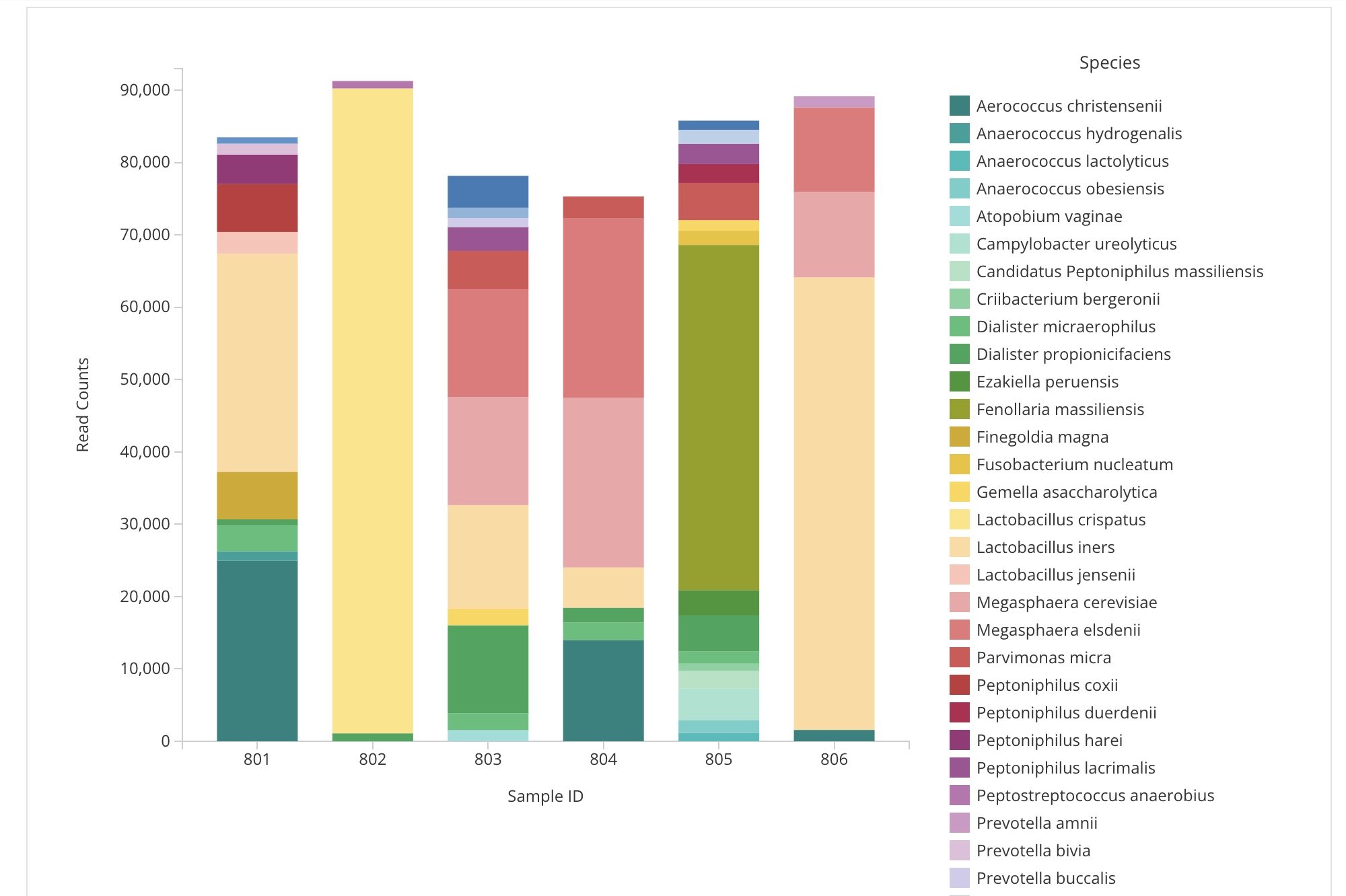
Bioinformatics for prosthetic joint infection research
• Specialized pipelines for relevant PJI bacteria such as Staphylococcus aureus and Staphylococcus epidermidis.
• Find specific virulence-associated markers for topics such as biofilm, AMR and more.
• Analyze whole-genome sequencing, amplicon and shotgun metagenomics data.
Discover how genomic profiles can be correlated to patient outcome and phenotypic virulence properties in prosthetic joint infections (PJIs).
In this study results showed that S. aureus strains that produced strong biofilms and S. epidermidis strains with resistance to several antibiotics associated significantly with unresolved infection. Specific genetic variants could also be linked to biofilm formation and multidrug resistance and should be considered important risk factors for PJI diagnosis and treatment.
Accelerate your discoveries with our expertise
Pathogen identification
Quickly and accurately identify pathogens present in your samples.
AMR detection
Detect and analyze antimicrobial resistance markers in your data, providing insights into resistance profiles.
Outbreak Tracing
Track the spread of infections over time, linking clinical data to better understand transmission dynamics.
Looking for a solution for other applications?
Simply upload the FASTQ file. This is the raw data file coming straight out of the sequencing machine. Just drag and drop the file into our platform, wait a few minutes and enjoy your results!
We support both longread and shortread platforms i.e. Oxford Nanopore, PacBio, Illumina, Ion torrent and MGI.
Key insights for your research!
DNA sequencing enables insights and high-resolution information into potential pathogens and their characteristics. 1928 Diagnostics gives you fast results that are tailored for your needs and our bioinformatics expert team provides support all the way from sample upload to publication.





